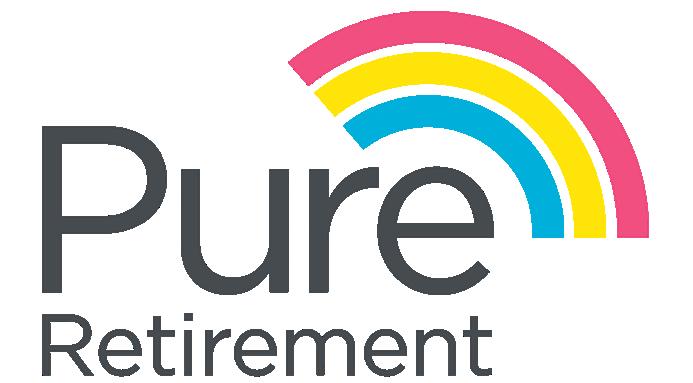FINANCE
|
50 PLUS MAGAZINE
A SECURE FUTURE WITH
EQUITY RELEASE? THESE days we have to look at a variety of ways to raise cash and ensure that our future will be secure and one popular way for anyone over 55 to do just that is via equity release, which offers the chance to access the cash – the equity – tied up in your home. It can be as a lump sum or in several small amounts, or a combination of both. There are two equity release options: lifetime mortgage and home reversion. The Money Advice Service explains that a LIFETIME MORTGAGE means that you take out a mortgage secured on your property, provided it is your main residence, while retaining ownership. You can choose to ring-fence some of the value of your property as an inheritance for your family or you can choose to make repayments or let the interest roll-up. The loan amount and any accrued interest is paid back when you die or when you move into long-term care.
32
Most people who take out equity release use a lifetime mortgage. Usually you don’t have to make any repayments while you’re alive and interest “rolls up” (unpaid interest is added to the loan), meaning the debt can increase quite quickly over a period of time. However, some lifetime mortgages do now offer the option to pay all or some of the interest. Some will let you pay off the interest and the capital. In the same way ordinary mortgages vary from lender to lender, so do lifetime mortgages, and if you’re looking at this option it’s worth knowing that the minimum age for this is usually 55. As we’re now all living longer, the earlier you start the more this is likely to cost in the long run. The average borrower in their late 60s can usually borrow around 35% of the value of their home, but how much can be released is dependent on your age and the value of your property. The percentage typically increases according to your age when you take out
the lifetime mortgage, while some providers might offer larger sums to those with certain past or present medical conditions. Many lenders offer interest rates which are fixed or, if they are variable, have a “cap” or upper limit which is fixed for the loan’s duration. Check whether the product has a “no negative equity guarantee” This means that, when your property is sold and agents’ and solicitors’ fees have been paid, even if the amount left is not enough to repay the outstanding loan to your provider neither you nor your estate will be liable to pay any more. Consider whether you can pay none, some or all of the interest. If you can make repayments, the mortgage will be less costly. However, with a lifetime mortgage where you can make monthly payments, the amount you can repay might be based on your income. Providers will have to check you can afford these regular payments.





